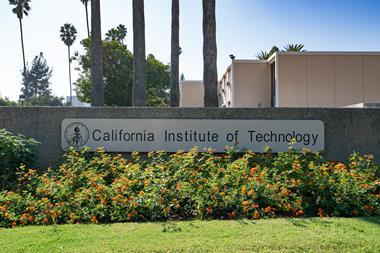But further stipend increases are needed to fully widen access to doctoral study
UK Research and Innovation’s (UKRI’s) 8% increase to their minimum PhD stipend levels from October won’t exactly leave PhD students flush with cash. The stipend of £20,780 is around £100 more than the yearly earnings of someone working 37.5 hours a week on the living wage after income tax and national insurance have been deducted.
Despite the link to the living wage, PhD students will still not be classed as employees, meaning they’ll lack other financial benefits such as pension contributions. However, other changes that UKRI is making to the terms and conditions of its training grants will offer support that surpasses the minimum required from UK employers – especially for researchers with disabilities or who need to take a break from their PhD.

For example, UKRI-funded PhD students will be able to take 28 weeks of medical leave within a 12-month rolling period while receiving their full stipend; UK employees only have to be given a lower rate of statutory sick pay (currently £116.75 per week) over this time. Researchers on maternity leave will also be able to receive their full stipend for 13 weeks before dropping to the statutory maternity pay rate; UK employers only have to provide 6 weeks at 90% of an employee’s salary before the statutory pay period begins. It will also be easier for researchers who’ve taken periods of leave to extend their studentships, or to switch between full-time and part-time study.
UKRI’s grant terms now also explicitly state that prospective students must be told at the earliest opportunity that they can request reasonable adjustments for any disability. Furthermore, if there are delays implementing this support the student will still receive their full stipend, as well as being entitled to a funding extension if the delay is more than five days.
While reasonable adjustments are a legal requirement, I hope that UKRI’s clear stipulation helps to further normalise them. By acknowledging that different people have different support needs we also move closer to a culture where PhD students are viewed as diverse individuals, rather than the traditional stereotype that they’re all able to devote themselves to constant research around the clock.
From this more person-centred approach, perhaps further improvements in working conditions and support will follow. Over in the US, contract negotiations for graduate student workers and postdocs at Caltech accelerated as the Los Angeles wildfires spread, as the personal impacts of the fires caused negotiators to consider the demands with more urgency – and perhaps more empathetically.
The support that UKRI will offer from October is vital for widening access to doctoral study. However, researchers with disabilities and caring responsibilities generally face additional financial costs that can’t be resolved with extra leave and flexible working patterns. If stipends remain too low for these people to consider a PhD in the first place, it devalues the other forms of support on offer.

















No comments yet